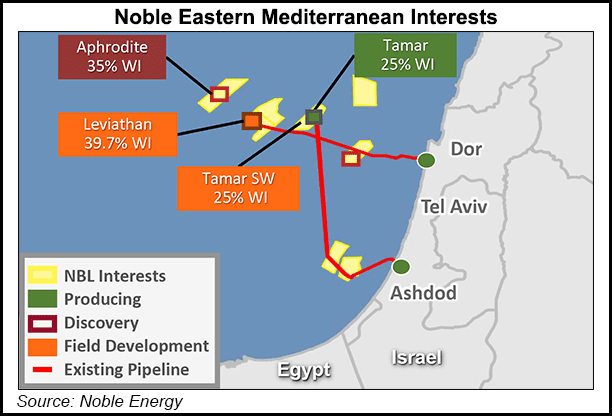A large oil spill of unknown origin hit Israel’s coastline a week ago. It resulted in large chunks of tar covering Israel’s beaches stretching a hundred miles, all the way to Lebanon in the north. In some places, the tar is 4 to 5 inches thick.
The Israeli government has enforced a gag order about the origin of this spill to preserve its investigation of its origin. Israel says it will take millions of dollars and months to clean up the mess. A 55-foot, dead whale washed up on the beach at the city of Ashdod, south of Tel Aviv, that had black liquid in its lungs. The government has identified ten oil tankers, any one of which could have caused the spill. They think it originated about thirty miles offshore. The spill did not reach Gaza beaches, which is Palestinian territory.
I wonder if this oil spill could have resulted from Israel’s offshore oil wells. Israel’s largest producing wells are directly offshore from Haifa, in northern Israel. However, Israel had oil wells offshore of Ashdod, which is the Tamar fields. That was where oil was first discovered in Israel’s Mediterranean waters. It occurred at the turn of the century, just over twenty years ago.
Noble Energy used to be the main oil and gas company that had contracts with Israel in extracting its oil from the Mediterranean seabed, thousands of feet under the surface of the sea. For a while, I was an investor in Noble Energy for that very reason. Israel was always dependent on other nations for just about all of its oil and gas for producing energy. But its Mediterranean discoveries surprisingly made Israel not only totally energy self-sufficient, but now a seller of oil to other nations. In fact, it is an important revenue source for Israel.
Chevron Corporation, which has overtaken Exxon Mobil as the largest oil-producing company in the U.S., acquired Noble Energy last October. Noble Energy had suffered from recent years of low oil prices. It was headquartered in Houston, where I lived for nearly forty years.
If the spill originated from Israel’s own offshore oil wells, that likely would not set well with environmentalists living in Israel. If so, measures would surely be legislated to strengthen prevention of such spills in the future.
I maintain that Palestinians should adopt a different two-state solution for solving the intransigent, Israeli-Palestinian conflict and that it should be according to historical precedent just as Israel claimed its own state in its Proclamation of Independence in 1948, which led to war and the formation of the State of Israel. That is, let Palestinians have “the land of the Philistines,” from whom they derive their name, and let Israel do a land swap in which it forfeits the coastal plain south of Tel Aviv all the way to Gaza and annexes the West Bank. See this proposal in my book, Palestinian Is Coming. Half of the book is free-reading on my website at kermitzarley.com. If that happened, both Israel and the Palestinian state would have coastlines measuring about 80 miles in length. That way, Palestinians would realize revenue from offshore oil deposits just like Israel now does.














